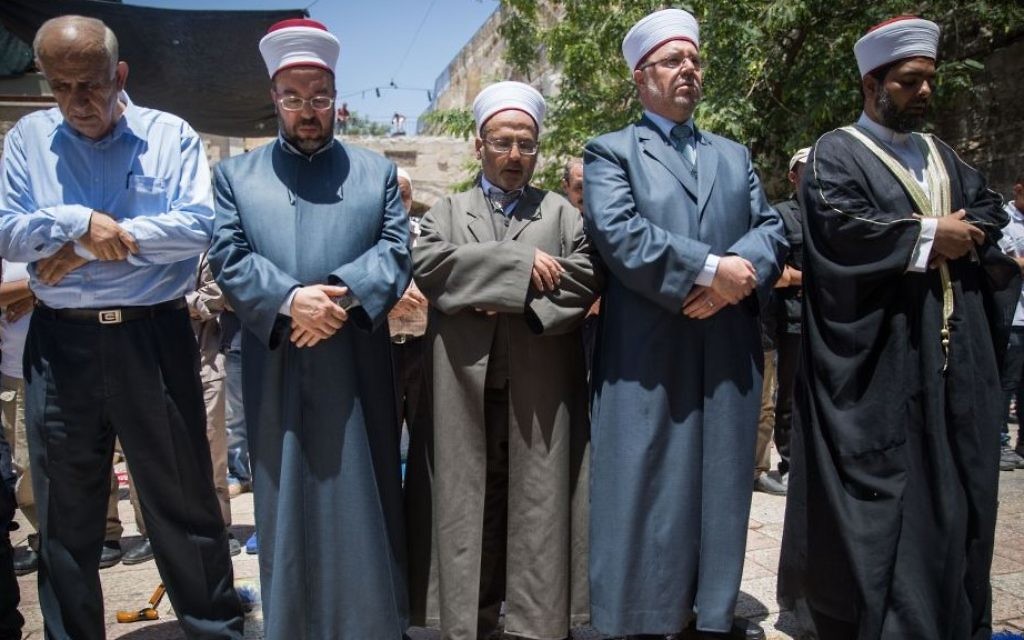
One faction, primarily representing Pasmanda Muslims—a group that has long advocated for the rights of backward and marginalized communities within Islam—has broadly supported the amendments but called for crucial revisions. Their demands focus on greater representation for women and Pasmanda Muslims in the governance of waqf boards and councils. These groups argue that such changes would ensure a fairer distribution of leadership within these important religious and social institutions.
On the other hand, the All India Muslim Personal Law Board (AIMPLB), a key player representing diverse Islamic interests, voiced staunch opposition to the proposed changes, labeling them as a "strange exercise." The board's leaders have criticized the amendments, claiming they undermine the autonomy of the Waqf institutions and open doors to unnecessary governmental interference in what they consider internal religious matters.
The divide highlights the broader challenges facing Muslim organizations in India as they seek to balance the need for reform with concerns over religious and administrative autonomy.
The amendments proposed by the government aim to streamline the functioning of Waqf boards by bringing in a series of administrative changes. Among these are provisions for enhanced transparency, more stringent audits, and ensuring the boards' leadership reflects broader demographic groups. While the government has stated that the bill is intended to protect waqf properties from misuse and mismanagement, it has also stirred concerns that the reforms could weaken the independence of these bodies.
Pasmanda Muslims, who have long felt underrepresented in waqf leadership, see the bill as an opportunity to correct historical inequities. Their main contention lies in the current structure of the Waqf boards, which they argue are dominated by upper-caste Muslims. This dominance, they say, marginalizes communities that should rightfully have a say in the management of waqf properties. By pushing for amendments that mandate the inclusion of Pasmanda members and women in leadership roles, this faction believes the reform can democratize these institutions.
“We welcome the government’s initiative but urge them to consider broader representation in the boards and councils,” said a leading Pasmanda representative. “The waqf properties are meant for the welfare of all Muslims, but their administration has been monopolized by a select few for too long. Including women and backward classes will ensure that waqf assets benefit all sections of society.”
The call for the inclusion of women in waqf administration has gained particular traction. Muslim women have historically been underrepresented in leadership positions within these bodies, despite playing significant roles in community welfare activities. Advocates argue that giving women a greater voice in the management of waqf properties will lead to more inclusive governance and better outcomes for the community.
However, not everyone is on board with these proposals. The All India Muslim Personal Law Board, which has traditionally wielded significant influence over Islamic affairs in India, has been one of the most vocal opponents of the bill. The board argues that the amendments infringe upon the religious autonomy of the waqf institutions, which are governed under Islamic law.
AIMPLB members contend that the government’s efforts to introduce changes to the administrative structure of these bodies amount to an overreach, potentially allowing for state interference in religious affairs. “This is a strange exercise that goes against the very essence of waqf,” a senior board member was quoted as saying. “The waqf boards must remain autonomous to ensure they serve their religious and charitable purposes without any undue external influence.”
This pushback reflects deeper concerns within the community about the separation of religious and state affairs. While the government has sought to present the amendments as purely administrative, AIMPLB and its supporters argue that any attempt to alter the internal workings of waqf boards could have broader implications for the management of other religious institutions.
Beyond the debate over autonomy, some legal experts have pointed out practical concerns with the bill. Critics argue that certain provisions of the proposed amendments could create unnecessary bureaucratic hurdles, slowing down the functioning of waqf boards and potentially limiting their ability to carry out their charitable activities effectively.
The proposed auditing and transparency measures have also been a focal point of contention. While transparency is generally welcomed, some board members argue that the mechanisms proposed by the bill could lead to an overemphasis on procedural matters, diverting attention from the actual welfare objectives of the waqf.
The political dimension of the debate cannot be overlooked either. The government's push for these amendments comes at a time when relations between various Muslim organizations and the ruling party have been fraught with tensions. Some within the Muslim community view the bill as part of a broader strategy to exert control over religious institutions, a concern exacerbated by the broader socio-political climate in the country.
